Oxford Nanopore and UK to develop pathogen surveillance system
Pharmaceutical Technology
NOVEMBER 5, 2024
This initiative brings together UK Biobank, Genomics England, NHS England, and Oxford Nanopore to accelerate genomics-based research in the UK.

Pharmaceutical Technology
NOVEMBER 5, 2024
This initiative brings together UK Biobank, Genomics England, NHS England, and Oxford Nanopore to accelerate genomics-based research in the UK.
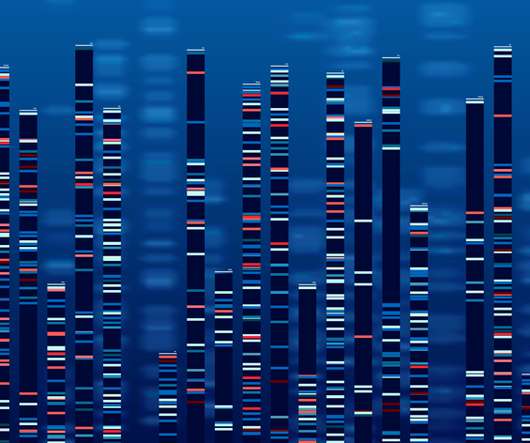
pharmaphorum
JANUARY 26, 2023
2022 was a banner year for genomics. In March, the collaborative T2T consortium published the first complete telomere-to-telomere sequence of the human genome, filling in the last 8% of the 3 billion base pairs that make up our DNA.
This site is protected by reCAPTCHA and the Google Privacy Policy and Terms of Service apply.
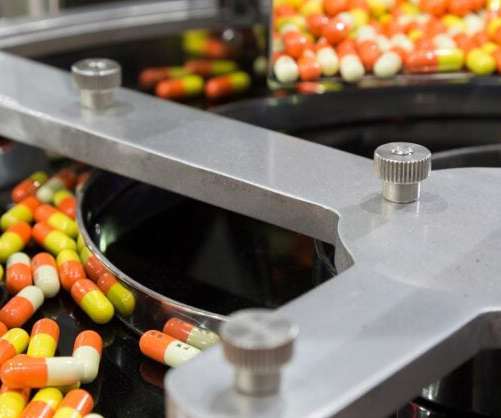
Pharmaceutical Technology
AUGUST 11, 2022
Using data from the UK Biobank database, genomic sequencing data for 360,000 individuals were obtained and the findings were confirmed in animal models that demonstrated a higher expression of the INHBE gene in obese monkeys when compared to more lean monkeys.

XTalks
APRIL 15, 2021
New advances in heart failure genomics are helping to address this challenge. Experts from Servier and Genuity Science recently spoke on a webinar about using genomics data to drive drug development in heart failure and identify new targets for novel therapeutics. Watch this on-demand webinar to hear from these experts.
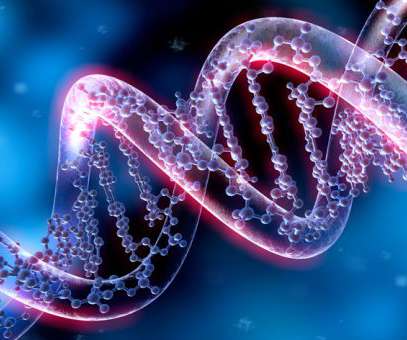
pharmaphorum
JANUARY 18, 2023
However, the Resilience Project’s scientists had used genomic data originally collected for other studies and, due to limitations in the original studies’ informed consent policies and a lack of infrastructure to recontact participants, none of the 13 individuals could be contacted with follow-up questions or requests.
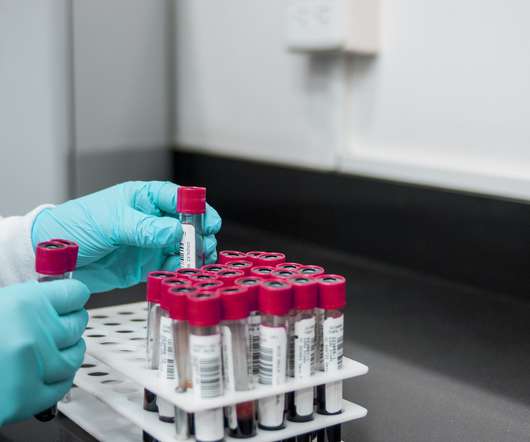
XTalks
FEBRUARY 4, 2021
The power of leveraging clinical data to decipher disease mechanisms and fuel drug discovery has rapidly grown in the era of genomics and personalized medicine. Biobanks are used for the coordination of high-yield patient sample collection. Generation of strong research dataset cohorts must begin with high-quality clinical samples.
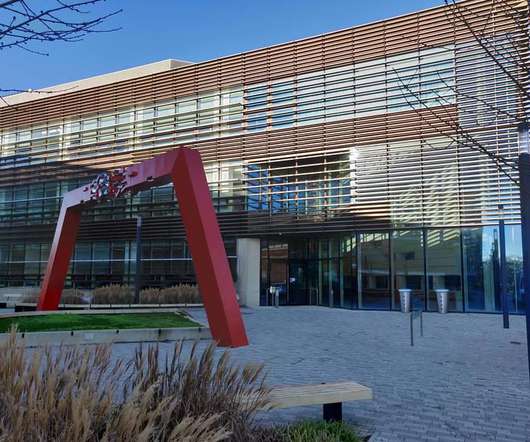
pharmaphorum
DECEMBER 2, 2021
GlaxoSmithKline has formed a five-year partnership with Oxford University to set up a new institute that will apply machine learning and functional genomics to the discovery of new medicines. Most notable is GSK’s $700 million upfront deal in the summer to license two drugs for neurological disease developed by US biotech Alector.
Let's personalize your content